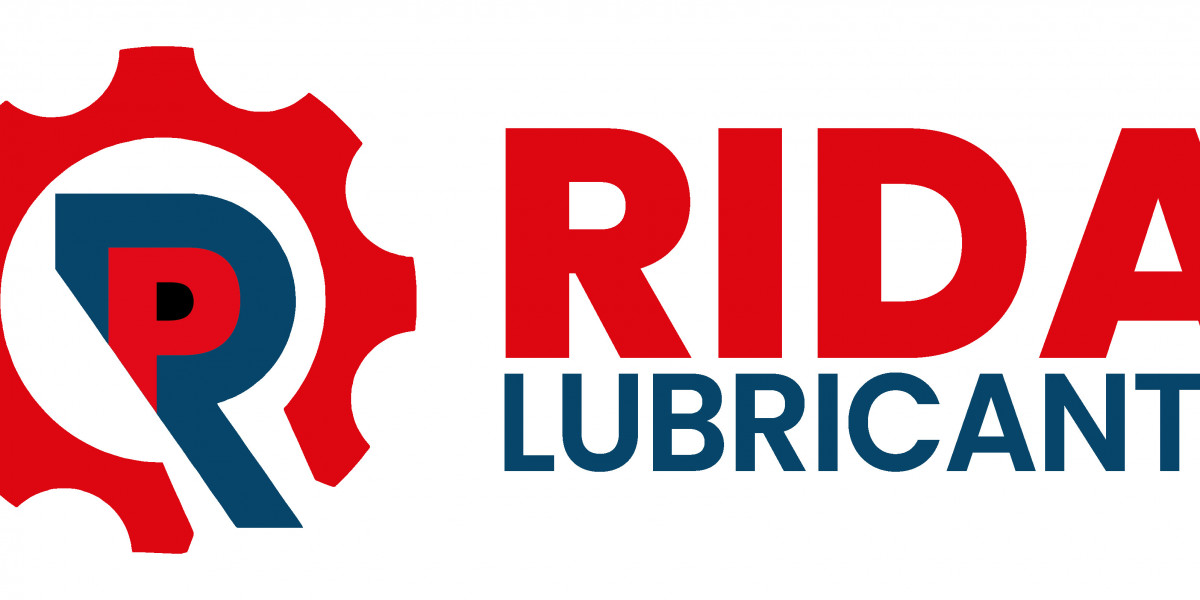As artificial intelligence (AI) continues to revolutionize business operations, its transformative potential brings both opportunities and challenges. While AI enhances efficiency, decision-making, and innovation, it also raises important ethical considerations that organizations cannot afford to ignore. Questions about bias, transparency, data privacy, and accountability have placed the ethical implications of AI deployment under the microscope.
Today in the age of data and AI, adopting AI is no longer just about leveraging cutting-edge technology, it’s about doing so responsibly. Enterprises are now tasked with not only integrating AI into their operations but ensuring these systems align with ethical standards. This involves proactively addressing potential pitfalls to safeguard compliance with regulations, protect stakeholder trust, and mitigate risks that could damage reputations or lead to legal repercussions.
This blog delves into the fundamental principles of ethical AI, exploring why they matter and how organizations can successfully implement responsible AI practices to navigate the complex intersection of technology, ethics, and business growth.
What is ethical AI?
Ethical AI in enterprises encompasses the responsible design, development, and deployment of artificial intelligence systems to ensure they align with human values and societal norms. It focuses on creating AI solutions that respect privacy, promote fairness, and mitigate potential harm to individuals or groups. As AI systems are increasingly embedded in decision-making processes, the importance of ensuring these technologies are used ethically cannot be overstated.
Key aspects of ethical AI include:
1. Fairness
AI systems should not perpetuate or amplify biases. Fairness involves ensuring equality in decision-making processes.
2. Transparency
Enterprises must provide clear explanations of how AI models work and how decisions are made.
3. Accountability
Organizations must take responsibility for the outcomes of their AI systems and establish mechanisms to address grievances.
4. Privacy
Protecting user data is a cornerstone of ethical AI. Enterprises must implement robust privacy policies and ensure data security.
The importance of ethical AI in enterprises
The adoption of artificial intelligence (AI) comes with immense potential for innovation and growth. However, with great power comes the responsibility to ensure that these systems are developed and deployed ethically. While ethical AI is undoubtedly a moral obligation rooted in principles of fairness, transparency, and accountability, it has also evolved into a strategic necessity for modern organizations.
Let’s explore why businesses should consider implementing ethical AI practices into your organization.
· Maintaining trust
Stakeholders, including customers and employees, expect enterprises to use AI responsibly. Failing to meet these expectations can damage trust.
· Mitigating risks
Unethical AI practices can lead to legal consequences, reputational damage, and operational disruptions.
· Driving innovation
Ethical AI fosters a culture of transparency and collaboration, which can drive innovation and enhance competitiveness.
· Regulatory compliance
Governments worldwide are enacting regulations around AI usage. Adopting ethical AI practices ensures compliance with these laws.
Implementing responsible AI practices: A step-by-step guide
To successfully integrate ethical AI into enterprise operations, organizations must adopt a structured approach that aligns technology with core values and societal expectations. This involves establishing clear ethical guidelines, fostering collaboration across teams, and continuously monitoring AI systems for compliance and fairness. By embedding ethics into every stage of AI development and deployment, businesses can create solutions that are both innovative and responsible.
Let’s take a look at the step-by-step approach to implementing responsible AI practices.
Step 1: Define ethical guidelines
Start by developing a comprehensive framework that outlines the organization’s principles for AI use, including fairness, accountability, and transparency. These guidelines should serve as a foundation for all AI initiatives, ensuring that ethical considerations are embedded from the outset.
Step 2: Conduct bias audits
Bias in AI systems can lead to unfair outcomes, potentially harming individuals and tarnishing the organization’s reputation. To address this, conduct regular bias audits to evaluate datasets, algorithms, and AI outputs.
These audits help identify and mitigate biases that may arise from incomplete or skewed training data. Incorporate diverse datasets and test scenarios to ensure that AI systems perform equitably across various demographics, reducing the risk of discrimination.
Step 3: Ensure data privacy
AI systems often rely on large volumes of sensitive data, making data privacy a top priority. Implement robust data protection measures, such as encryption, access controls, and anonymization, to safeguard user information.
Ensure compliance with privacy regulations like GDPR or CCPA by building systems that respect user consent and minimize data usage to what is strictly necessary. Prioritizing privacy not only enhances user trust but also protects the organization from legal and financial risks.
Step 4: Build explainable AI
One of the key challenges of AI systems is their complexity, which can make decision-making processes opaque. To build trust, focus on creating explainable AI models that provide clear and understandable explanations for their decisions.
This involves designing systems that allow users and stakeholders to see how data inputs lead to specific outcomes. Explainable AI promotes accountability, improves user confidence, and aids in identifying potential flaws in the system.
Step 5: Establish accountability mechanisms
Ethical AI requires clear accountability structures to ensure that responsibilities are well-defined. Create roles and mechanisms for overseeing AI ethics, such as dedicated ethics officers or AI ethics review boards. These entities should regularly review AI systems for compliance with ethical guidelines and provide recommendations for improvements.
Having a clear accountability framework ensures that the organization remains proactive in managing the ethical implications of AI deployment.
Step 6: Engage stakeholders
Ethical AI isn’t developed in isolation, it requires input from a broad range of stakeholders. Engage customers, employees, regulators, and other external parties in discussions about AI ethics to align practices with societal expectations. Solicit feedback on the organization’s AI systems and use these insights to refine operations. Transparent communication with stakeholders fosters trust and ensures that the organization’s AI strategies are both inclusive and effective.
By following these steps, enterprises can implement AI systems that not only drive innovation but also uphold ethical principles, ensuring a balance between technological advancement and social responsibility.
Case studies: Ethical AI in action
Several enterprises have successfully implemented ethical AI practices, setting benchmarks for others:
· A global bank used AI to assess creditworthiness but implemented explainable AI tools to ensure transparency.
· A healthcare provider adopted strict privacy protocols for AI models analyzing patient data.
These examples highlight how ethical AI practices can enhance operational effectiveness while maintaining public trust.
Conclusion: The path to responsible AI
Ethical AI is not just a buzzword, it’s a foundational requirement for enterprises leveraging artificial intelligence. By implementing responsible AI practices, organizations can minimize risks, foster innovation, and maintain trust with stakeholders.
As AI continues to reshape industries, enterprises that prioritize ethics will be better positioned to succeed in the long term. Adopting ethical AI isn’t just about compliance—it’s about ensuring a future where technology serves everyone responsibly.
Ready to implement responsible AI practices? Collaborate with AI ethics experts to align your systems with the highest ethical standards.









